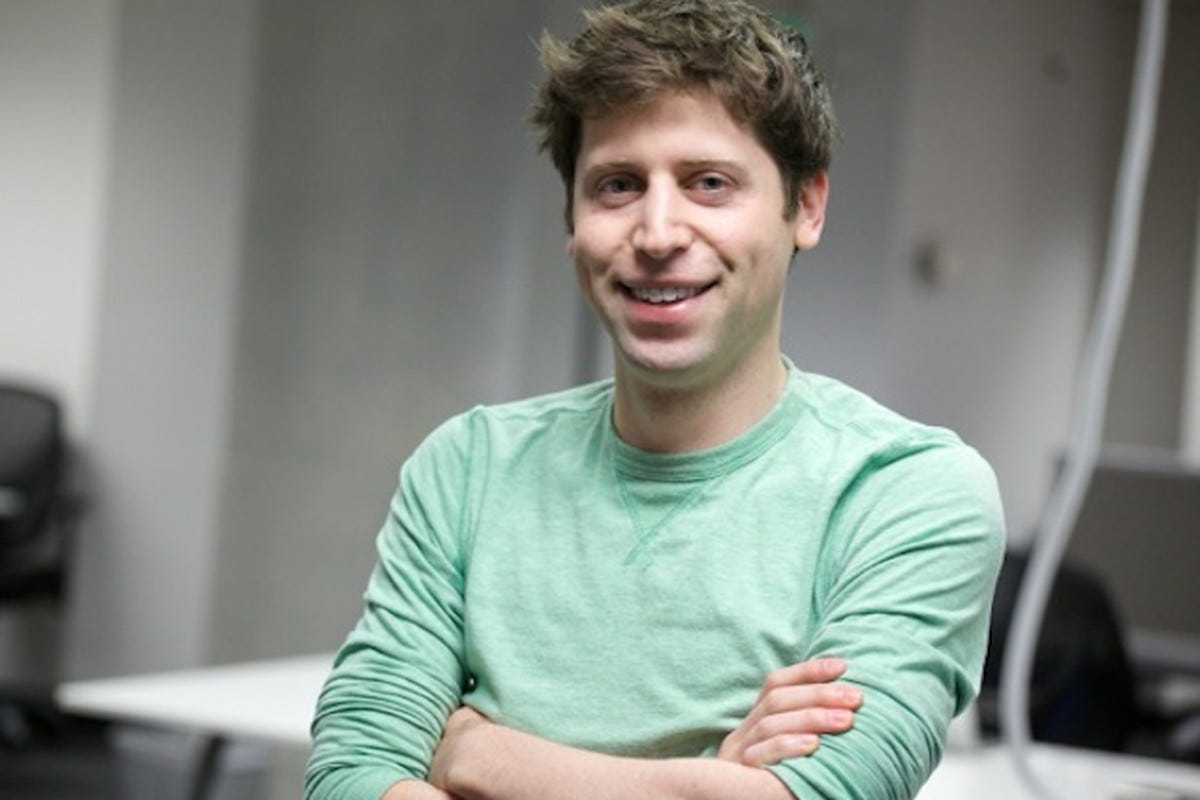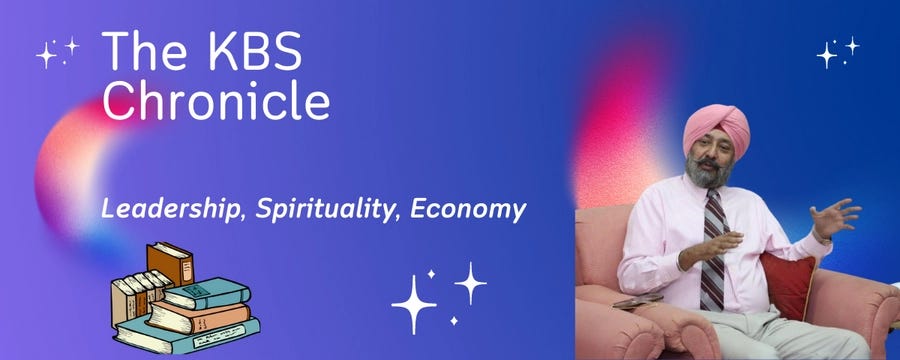The Scarlett Johansson vs. OpenAI Saga: New and Unexpected Developments
Reminiscent of Sherlock Holmes' "A Study in Scarlet," the legal battle between Scarlett Johansson and OpenAI over her alleged voice use reveals new complexities, demanding a deeper investigation.
The Continuing Controversy
Our previous article, published less than 24 hours ago, shed light on the legal tussle between Scarlett Johansson and OpenAI, where Johansson accused the AI giant of using her voice without permission. Recent developments, however, suggest the story is far from over. New documents and recordings shared with the Washington Post reveal that OpenAI may not have used Johansson’s voice for ChatGPT’s “Sky.” Instead, another actress was hired, raising further questions and complexities. It seems this case might require a modern-day Sherlock Holmes to unravel the truth, with the scarlet thread of controversy running through the narrative just like in "A Study in Scarlet." The unfolding drama invites a closer examination to expose every inch of the tangled web surrounding the use of AI-generated voices and likenesses.
Records Show No Use of Johansson's Voice
Despite Johansson’s allegations, OpenAI maintains that they did not clone her voice for their AI assistant. Documents and recordings presented to the Washington Post indicate that an entirely different actress provided the voice for ChatGPT’s “Sky.” This revelation complicates the narrative and underscores the challenges in verifying claims related to AI-generated content.
Johansson's Stand and Public Support
Scarlett Johansson’s proactive stance against OpenAI resonated with the public, drawing widespread support. Her allegations, coupled with OpenAI CEO Sam Altman’s cryptic tweet referencing her film “Her,” fueled speculation. While the public rallied behind Johansson, OpenAI’s swift response to suspend the contentious voice highlights the company’s attempts to navigate the ethical minefield of AI advancements.
The Legal and Ethical Quagmire
The Scarlett Johansson vs. OpenAI case exemplifies the evolving legal and ethical landscape surrounding AI technology. Johansson’s claims echo broader concerns about the unauthorised use of personal likenesses in AI-generated content. The ongoing scrutiny of AI companies’ practices in scraping copyrighted material to train their tools points to a pressing need for robust legal frameworks.
Confidentiality and Settlement Speculations
In scenarios where disputes are often settled out of court under stringent confidentiality agreements, the truth can remain elusive. The possibility of a confidential settlement between Johansson and OpenAI cannot be ruled out, leaving the public in the dark about the actual details and agreements.
Learning from Historical Precedents
Historical precedents, such as the Bette Midler vs. Ford Motor Co. case, provide insights into the legal complexities of unauthorised voice use. While Johansson’s situation is unique, the principles established in past cases underscore the importance of protecting personal brands and likenesses in the digital age.
OpenAI's Response and Future Implications
OpenAI’s decision to suspend the Sky voice amidst the controversy demonstrates the reactive measures companies might take in similar situations. However, the incident serves as a crucial lesson for AI developers and CEOs like Sam Altman. Transparent and ethical practices are essential to avoid legal disputes and maintain credibility in the rapidly evolving field of AI.
Moving Forward: The Need for Robust Legal Frameworks
As AI technology continues to advance, legal systems must adapt to ensure ethical standards are upheld. The ongoing Scarlett Johansson vs. OpenAI saga underscores the urgent need for comprehensive regulations to protect individual rights against unauthorised use in AI-generated content. Ensuring fair treatment and compensation for creative professionals is vital in safeguarding their contributions in the digital age.
Summing up: A Cautionary Tale for the AI Era
The unfolding story between Scarlett Johansson and OpenAI serves as a cautionary tale for the AI industry. It highlights the critical importance of ethical practices, transparent communication, and robust legal protections to navigate the complex intersections of technology and individual rights. As the saga continues, it remains a poignant reminder of the challenges and responsibilities that come with pioneering advancements in artificial intelligence.




